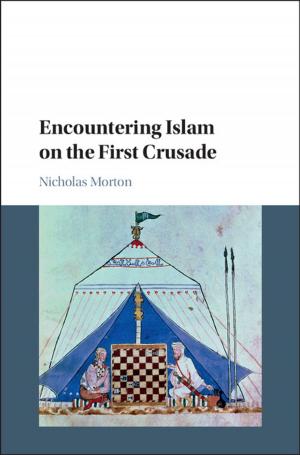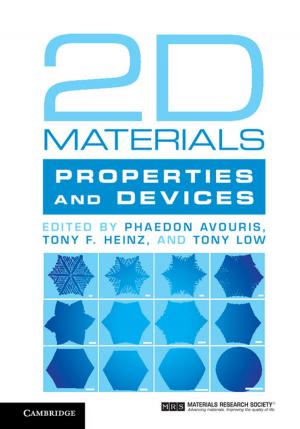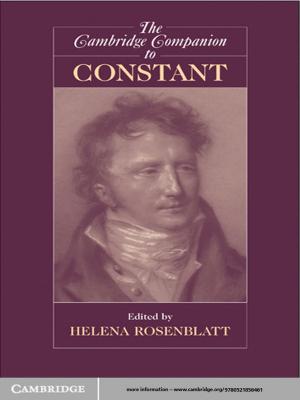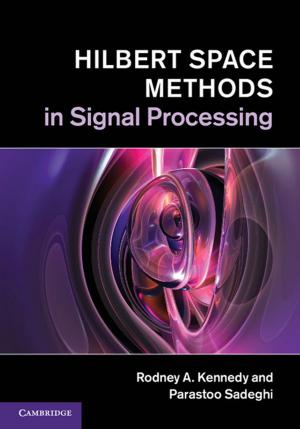Inventing Hebrews
Design and Purpose in Ancient Rhetoric
Nonfiction, Religion & Spirituality, Bible & Bible Studies, New Testament, Study| Author: | Michael Wade Martin, Jason A. Whitlark | ISBN: | 9781108665841 |
| Publisher: | Cambridge University Press | Publication: | May 31, 2018 |
| Imprint: | Cambridge University Press | Language: | English |
| Author: | Michael Wade Martin, Jason A. Whitlark |
| ISBN: | 9781108665841 |
| Publisher: | Cambridge University Press |
| Publication: | May 31, 2018 |
| Imprint: | Cambridge University Press |
| Language: | English |
Inventing Hebrews examines a perennial topic in the study of the Letter to the Hebrews, its structure and purpose. Michael Wade Martin and Jason A. Whitlark undertake at thorough synthesis of the ancient theory of invention and arrangement, providing a new account of Hebrews' design. The key to the speech's outline, the authors argue, is in its use of 'disjointed' arrangement, a template ubiquitous in antiquity but little discussed in modern biblical studies. This method of arrangement accounts for the long-observed pattern of alternating epideictic and deliberative units in Hebrews as blocks of narratio and argumentatiorespectively. Thus the 'letter' may be seen as a conventional speech arranged according to the expectations of ancient rhetoric (exordium, narratio, argumentatio, peroratio), with epideictic comparisons of old and new covenant representatives (narratio) repeatedly enlisted in amplification of what may be viewed as the central argument of the speech (argumentatio), the recurring deliberative summons for perseverance. Resolving a long-standing conundrum, this volume offers a hermeneutical tool necessary for interpreting Hebrews, as well as countless other speeches from Greco-Roman antiquity.
Inventing Hebrews examines a perennial topic in the study of the Letter to the Hebrews, its structure and purpose. Michael Wade Martin and Jason A. Whitlark undertake at thorough synthesis of the ancient theory of invention and arrangement, providing a new account of Hebrews' design. The key to the speech's outline, the authors argue, is in its use of 'disjointed' arrangement, a template ubiquitous in antiquity but little discussed in modern biblical studies. This method of arrangement accounts for the long-observed pattern of alternating epideictic and deliberative units in Hebrews as blocks of narratio and argumentatiorespectively. Thus the 'letter' may be seen as a conventional speech arranged according to the expectations of ancient rhetoric (exordium, narratio, argumentatio, peroratio), with epideictic comparisons of old and new covenant representatives (narratio) repeatedly enlisted in amplification of what may be viewed as the central argument of the speech (argumentatio), the recurring deliberative summons for perseverance. Resolving a long-standing conundrum, this volume offers a hermeneutical tool necessary for interpreting Hebrews, as well as countless other speeches from Greco-Roman antiquity.















